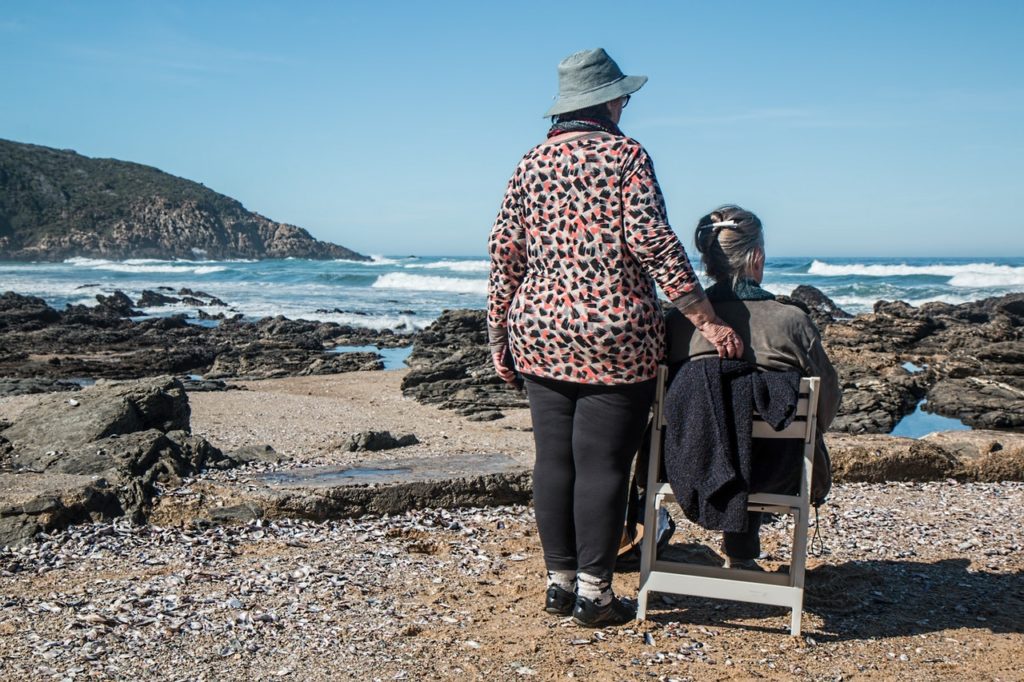
When a loved one dies, it can be overwhelming to process the grief of their passing, especially if they nominated you to serve as a personal representative for their estate.
A personal representative, which is also known as an executor, is responsible for making sure that the deceased person’s (the decedent’s) wishes are upheld as expressed in their Will. As the executor of your loved one’s estate, you may not know the steps to take to fulfill your role. Here are the things you should do so that you can follow your loved one’s wishes and represent them as their executor.
1. Petition the court to be formally appointed as your loved one’s executor.
While your loved one appointed you as their executor in their Will, you need the court to formally appoint you to the role.
Most states have these forms available online. Some states even have volunteer lawyer programs that can assist you in completing the necessary paperwork. The paperwork is pretty straightforward; it asks questions related to names and addresses and the like, however, there are many pleadings and notices that must be completed in a specific and timely fashion in order for your appointment to be effective.
Also, you will need multiple certified death certificates. Oftentimes, the funeral director obtains them as part of their services. Certified death certificates can also be obtained for a fee from the town hall of the town where your loved one died.
Once you are officially appointed by the court, you will get a certified decree stating that you are the personal representative of the estate. This document empowers you to take the actions necessary to settle the estate.
2. Organize your loved one’s assets and belongings, and settle debts and taxes.
After you are officially appointed by the court to act as your loved one’s executor, it’s time to begin organizing their assets so that you can settle debts and distribute any remaining assets to their chosen beneficiaries. Hopefully, your loved one made things easy for you by storing all relevant information in a secure and convenient location like your Gentreo Digital Family Vault. This will enable you to quickly marshal the assets and make distributions to the beneficiaries of the estate, which can be both individuals and organizations like charities.
As the person in charge of the estate, you need to settle all of your loved one’s debts and pay any estate and/or other taxes owed. If your loved one did not leave their affairs in order, this process is more stressful and time consuming.
Here’s what you should do:
- Go through all the documents in your loved one’s home to try to ascertain the extent of their estate.
- Have all correspondence directed to you, so that you can try to get an understanding of where the assets were held.
- If the decedent had a financial planner or accountant, that is another good person to contact about assets and liabilities.
- If income such as social security or pensions were direct-deposited, social security and the company need to be notified.
Note that any financial institution you deal with will want to verify you are authorized to get the information. You most likely will need to produce a certified copy of the death certificate and a certified copy of your appointment as personal representative before they will give you the information. Often, when you are dealing with national financial institutions, it takes longer because they need to send the documents to their legal department, which is often in a different state. This is true for any life insurance claims, as well.
3. Deal with any real estate and personal property.
If your loved one owned real estate and the property is to be sold according to their wishes (i.e. it’s not supposed to be given to a beneficiary), you need to prepare the property for sale. In some cases, you may need the permission of the court to sell the property. If the decedent had a Will and bequeathed the property to an heir, you will need to deed the property, in your capacity as personal representative of the estate, to the beneficiary.
Additionally, your loved one may have had collectibles or other valuable property that needs to be appraised for sale or distributed per the terms of the Will. Some items have no real material value and can be donated to a charitable organization for someone else to use. Also, some decedents may have established a Trust for pet care or made gifts of their pets. Obviously, those issues need to be dealt with immediately, so that the pets are quickly placed in their new home.
4. Document everything you do as executor.
It is important, in your role as personal representative, to be organized and to document everything you do and keep track of all sales and receipts. Oftentimes, the court and beneficiaries of the estate will need an inventory and account, which you will need to provide, so keeping clear and detailed records is important.
You are also entitled to be compensated for any out-of-pocket expenses, and depending upon the terms of the Will, you may also be entitled to compensation for your work as personal representative. Documenting your work well will help to ensure this compensation is fair and accurate.
For your loved one to entrust you in this role means that they counted on you to execute their wishes as expressed in their Will, and to do so as fairly and efficiently as possible. It is not an easy task, but it can be simplified if your loved one was organized and had all the necessary information in a convenient location. However, regardless of your loved one’s level of organization, your role in managing their estate is your final gift of love to the person who passed away.










